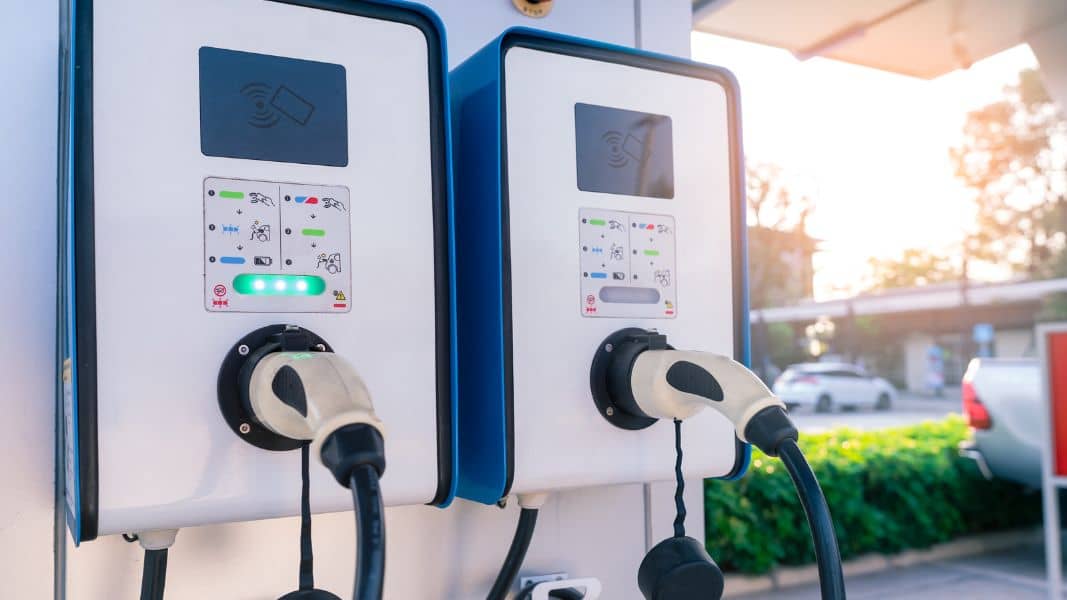About our Training:
Congratulations on completing Module 1, and welcome to Module 2: EVCE Feasibility. This module delves into the intricacies of parking requirements, site feasibility, and electrical capacity considerations that are essential for successful EVCE projects.
The class includes three, 3-hour modules, with varying levels of subject matter. The first module, Transportation Electrification: B-A-S-I-C-S, provides students with an introduction to electric vehicles (EVs), electric vehicle charging equipment (EVCE), and background information on emissions, EVCE infrastructure, and funding opportunities in New York. The second module, EVCE Feasibility, students review the world of parking, understand what to look for when developing an EVCE project, what to find out when conducting a site feasibility, and why electrical capacity matters so much for EVCE projects. Finally, the third module, Installation and Managed Charging, reviews all of the different aspects involved with an EVCE installation, including siting, hardware, software, construction, as well as technical information on different types of lithium-ion battery chemistries.
Training Objectives:
- Provide an overview of what an EVCE Feasibility study is, the process, why it can be very helpful when designing a project, and important site conditions that should be observed and noted.
- Helpful insight when researching a site for EVCE installation, including how to find surrounding EVCE, what site conditions to look for such as American with Disabilities Act (ADA) Accessible Parking Spaces, types of nearby facilities that would benefit from the site having public EVCE.
- In-depth look at the importance of electrical capacity, how peak demand can drastically change the cost of electricity, and tools from utilities that can be used to better understand capacity in distribution systems.
- Opportunities for tax credits, incentives, and other funding opportunities, the process for submitting and acquiring funding from State, Federal, and New York Utilities.
- Detailed description of the different types of facilities where EVCE could be installed, what are the advantages and disadvantages of different levels of charging at the different facility types, and what types of facilities are best suited for private vs. public charging.
- Process for conducting an EVCE site feasibility, what to look for during your assessment, what questions to ask the site contact, the difference between light vs. medium vs. heavy-duty vehicles, and charging needed for different vehicle types.
- Describe the different ways people can pay for charging, including apps, credit card, and RFID.
- Electrical safety training, review of electrical panel, what to look for when reviewing an electrical panel for EVCE feasibility, amount of electrical capacity that is typically needed for different levels of EV charging.
Important Steps for Completion:
If you’re directly joining Module 2 without completing Module 1, please note that you must fulfill the Module 1 requirements to proceed.
• Complete Module 1’s pre-survey.
• Pass the Module 1 quiz with a score of 80% or higher.
• Complete Module 1’s post-survey
• Complete the evaluation for Module 1.
If you’ve completed Module 1, proceed with the following steps:
Complete the pre-survey for Module 2 (optional)
Complete the evaluation for Module 2 (optional)
Take and pass the quiz with a score of 80% or higher to earn a certificate and advance to the next module.









